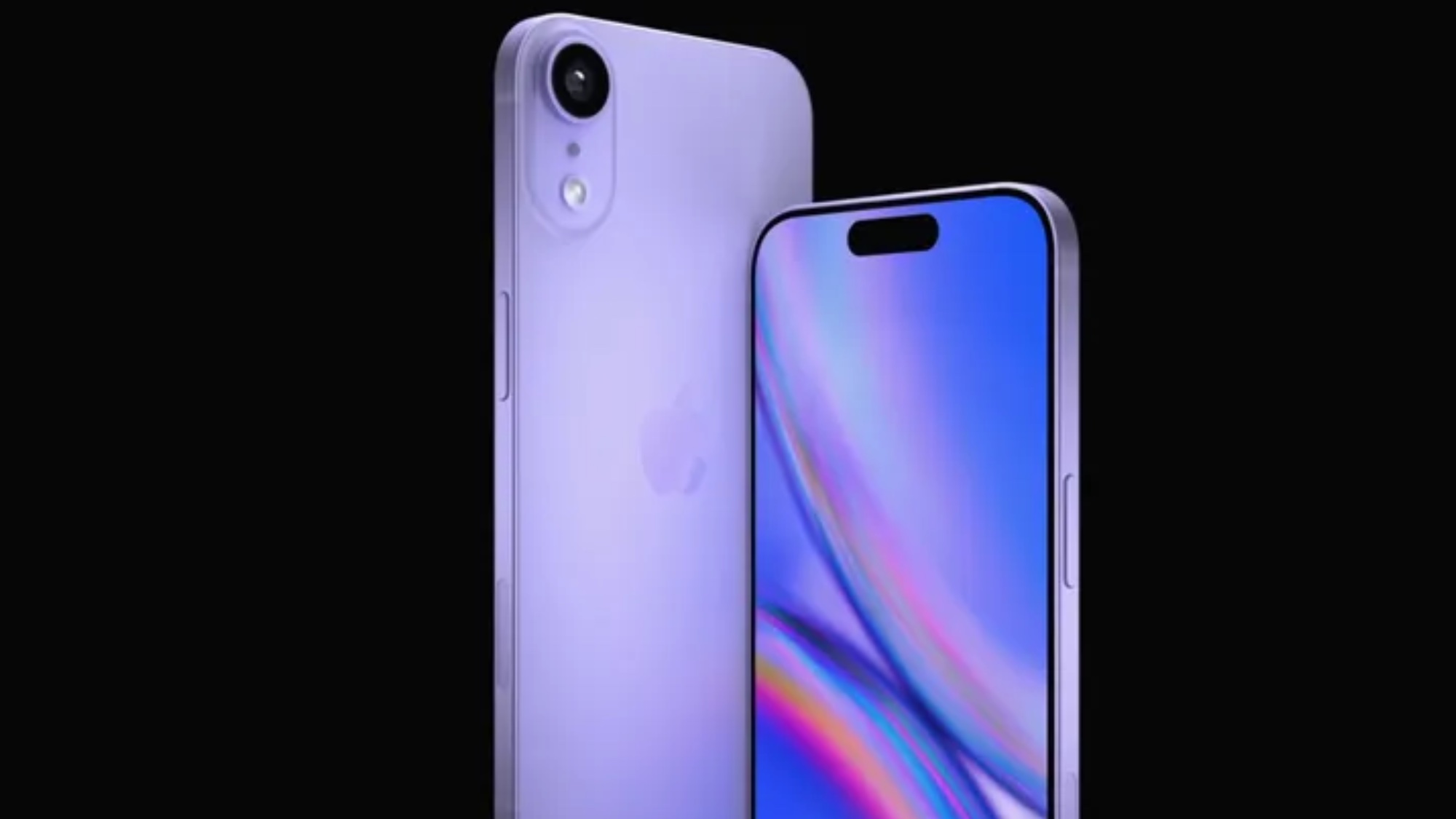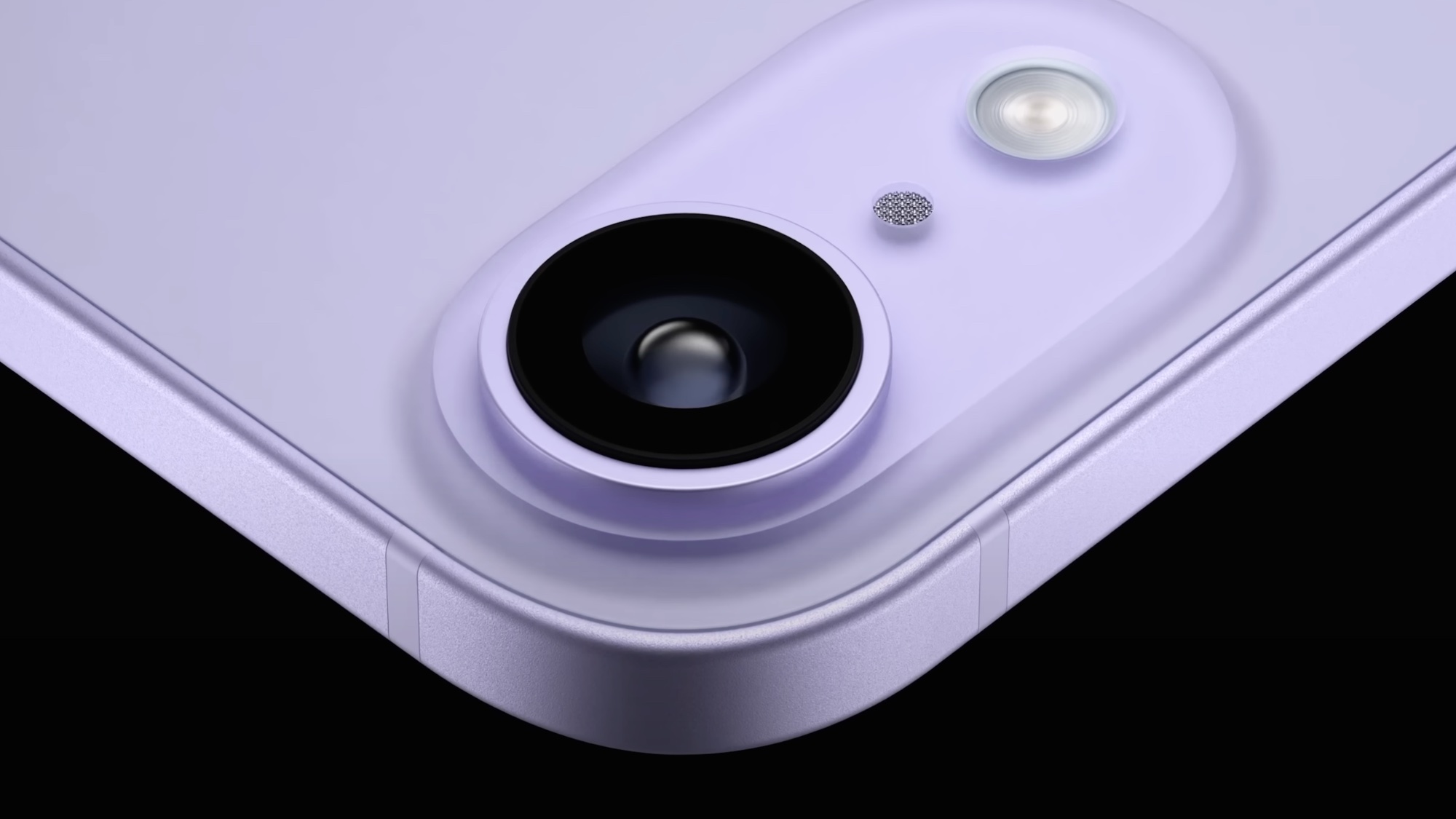
In recent years, Apple has been narrowing the gap between Pro and regular iPhones. With the iPhone 16, the difference between the models was the smallest it has ever been, with a number of impressive upgrades making the entry-level $899 iPhone a very good buy indeed.
Now a new report from South Korea’s ETNews suggests that next year’s iPhone 17 could inherit one of the Pro’s few remaining advantages: a ProMotion, 120Hz display. The report claims that all four flavors of 2025 iPhone will feature low-power LTPO (low-temperature polycrystalline oxide) panels, supplied by Samsung and LG.
Crucially, it’s not the first time we’ve heard this rumor. Back in September, the display analyst Ross Young wrote a post on X saying that the non-Pro iPhones would get 120Hz panels for the first time with the 17 series.
120Hz screens have only been a part of Apple’s smartphone lineup since 2021’s iPhone 13 Pro. Branded as “ProMotion,” the screens refresh up to 120 times a second, rather than the previous 60, not only looking visibly smoother, but opening the door to 120fps apps. The following year, Apple improved on this with LTPO tech that allowed the iPhone 14 Pro to drop as low as 1Hz for a low-power, always-on display.
It’s not clear whether the basic iPhone 17 and rumored iPhone 17 Slim (or maybe “Air”) will go that low for the always-on display, but nonetheless, it’s a serious upgrade that makes the basic models all the more appealing.
Time for a downgrade?
Tom’s Guide readers with long memories may recall that I made the switch back to iPhone after 13 years on Android back in 2022. I’ve been very happy with my iPhone 14 Pro handset, and have no plans to buy a new one until it slows down — which so far it’s showing no signs of doing.
But when it does, and assuming I’ve not been tempted back to Android in the intervening months, I’m not sure I’d feel the need to go Pro again. I’m not really a power user, with 90% of my phone time spent on WhatsApp, Safari, Instagram, Reddit and, uh, Coffee Golf.
But the one thing I absolutely wouldn’t go back to is a 60Hz display. No doubt I’d get used to it eventually, but whenever I have a long day away from a charger, I always switch my iPhone to Low Power Mode, which disables ProMotion and reverts to 60Hz — and I really hate it! Everything seems so much less fluid and is uncomfortable to look at, and it’s always a relief to return to full power when I’m safely in range of a charger.
When I bought the Pro model in 2022, I assumed I was doing so for the camera rather than the screen, with the 3x telephoto lens making all the difference (and it’s now up to 5x with the iPhone 16 Pro). But very few of my photographs require that kind of distance (the cats don’t go far away!), and aesthetically, I think phones look far better with fewer lenses than having three to five eyes staring back at you when you flip the handset over. Plus, since I bought it, Apple has been doing clever things with pixel binning on the regular handsets providing a good proxy of a 2x lens, which should work just fine for me.

With this in mind, the iPhone 17 Slim is something I’ll be watching very closely — a big-screen, skinny iPhone with a 120Hz display and just one camera lens? Sounds like it’ll be perfect for me, assuming that rumored sky-high price is just hearsay.
I doubt I’ll be ready to switch phones by September 2025, but if 120Hz screens are here to stay, then I may just be ready for that downgrade when the time inevitably comes.







